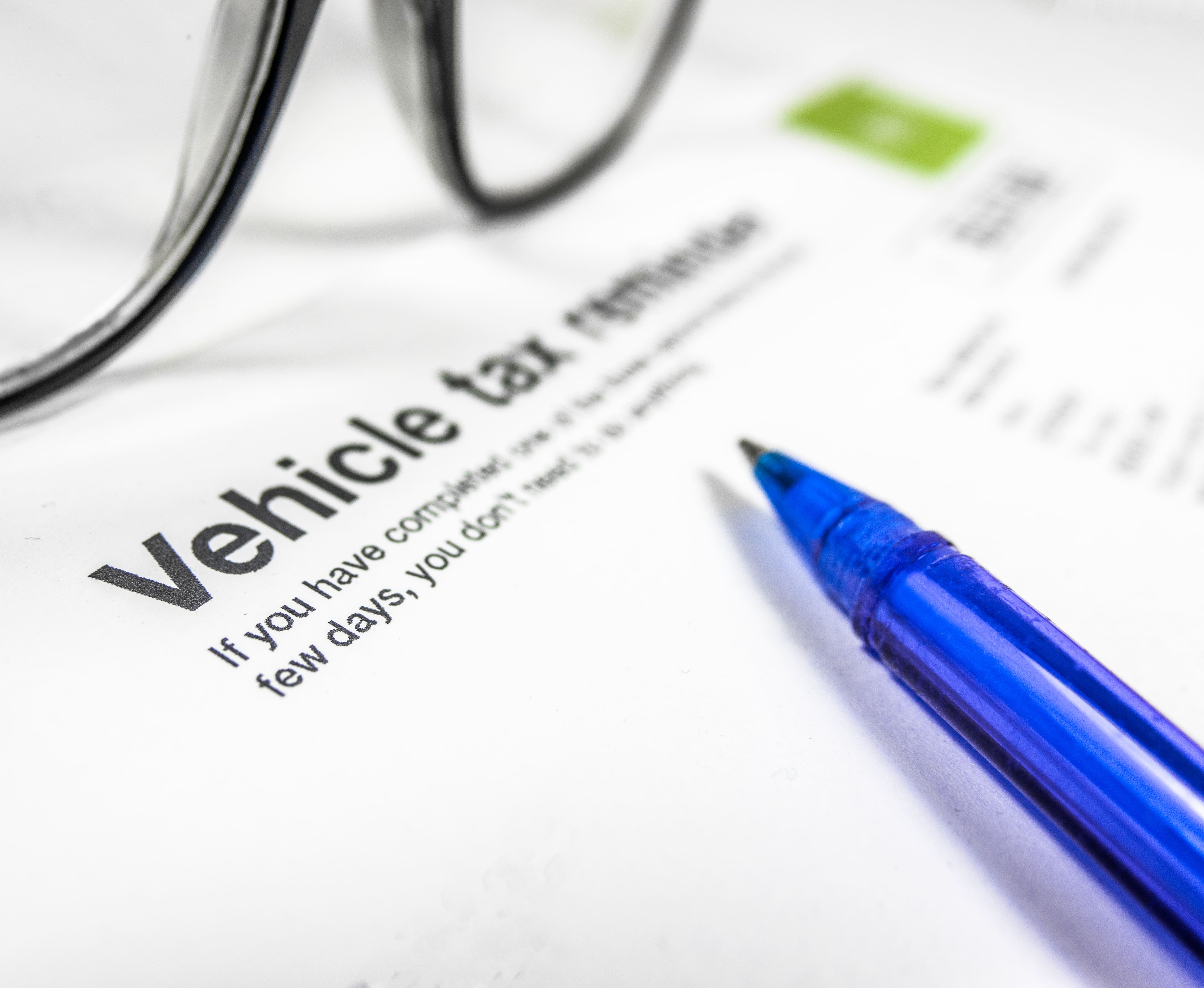What is car tax, and why do you need it?
Car tax covers your car’s CO2 emissions and helps pay for road maintenance, as well as other central Government projects. Officially known as VED (Vehicle Excise Duty), car tax is also referred to as road tax.
Taxing your car is a legal requirement, along with car insurance and a valid MOT.
Why would you cancel your tax?
There are various reasons why you might need to cancel your vehicle tax;
- Selling your car
If you’ve recently sold your car or transferred its ownership to someone else, you should cancel your car tax and apply for a refund for the remaining months of the year
- Insurance write-off
If you’ve been in an accident and your car is declared not roadworthy, your insurance company will classify your car as a write-off. You’ll need to tell the DVLA your car has been written-off, and you’ll receive an automatic refund for any full months of car tax you have left to pay
- Car theft
If your car is stolen, report the theft as soon as possible. The DVLA won’t charge you for car tax if you’re no longer the owner of the vehicle, and you’ll receive a refund for any full months not used
- Exporting your car
If you’re planning on taking your car abroad for more than 12 months, you don’t need to tax it in the UK
- Exempt from VED
If you drive an electric vehicle with zero emissions, disabled passenger vehicle or a mobility scooter, you don’t have to pay road tax. Check if you’re eligible for non-paid road tax using Gov.uk
- Taking your car off the road (SORN)
If you decide to give your car a break or you’re not intending to use it for an extended period, consider officially declaring it as off the road. You can apply for a Statutory Off Road Notice (SORN) for this period, during which you will not pay tax. Remember though, you cannot drive a SORN car, and it must be parked in a garage or driveway, rather than a public road.
Cancelling road tax: step-by-step
- Check when your tax runs out. You can check how long is left in your current tax period via the Government’s online service
- Tell the DVLA. The only way to cancel your car tax is to use the DVLA’s service: while the easiest way to cancel is to use the DVLA’s online form, you can also get in touch via post, or by phoning 0300 790 6802
- Choose your reason for cancelling. If you cancel online, you’ll be asked why you don’t need car tax anymore, and whether you’re scrapping or selling your vehicle
- Confirm your vehicle details. You’ll be asked to enter your registration number, your 11-digit reference number from your V5C logbook, and buyer details if you’ve sold your car on
Claiming a road tax refund
As soon as you have informed the DVLA, you will automatically be eligible for a refund for the months that you’ve not used.
You will only get a refund for full calendar months. If you are midway through a month, unfortunately you’ll only be refunded from the start of the next month to the end of the tax period. The amount you will be refunded will be calculated from the date that the DVLA receives your information.
How long will your car tax refund take to come through?
Your refund will arrive via cheque to the name and address stated on your V5C logbook, so you must make sure your details are kept up to date. Your cheque can take up to 6 weeks to arrive – or up to 8 weeks if you contacted the DVLA via post.
If you pay your car tax by Direct Debit, your payments will stop automatically when the DVLA have processed your cancellation, so you don’t need to do anything else to cancel your road tax. If you cancel just before a Direct Debit is due to be paid, you should receive a refund within 10 working days.
Cancelling your car tax really is as simple as informing the DVLA that you no longer require it. Whether you are looking to sell your car quickly and easily, or you want to take it off the road, it won’t take long to let the DVLA know, and for you to get your money back.
